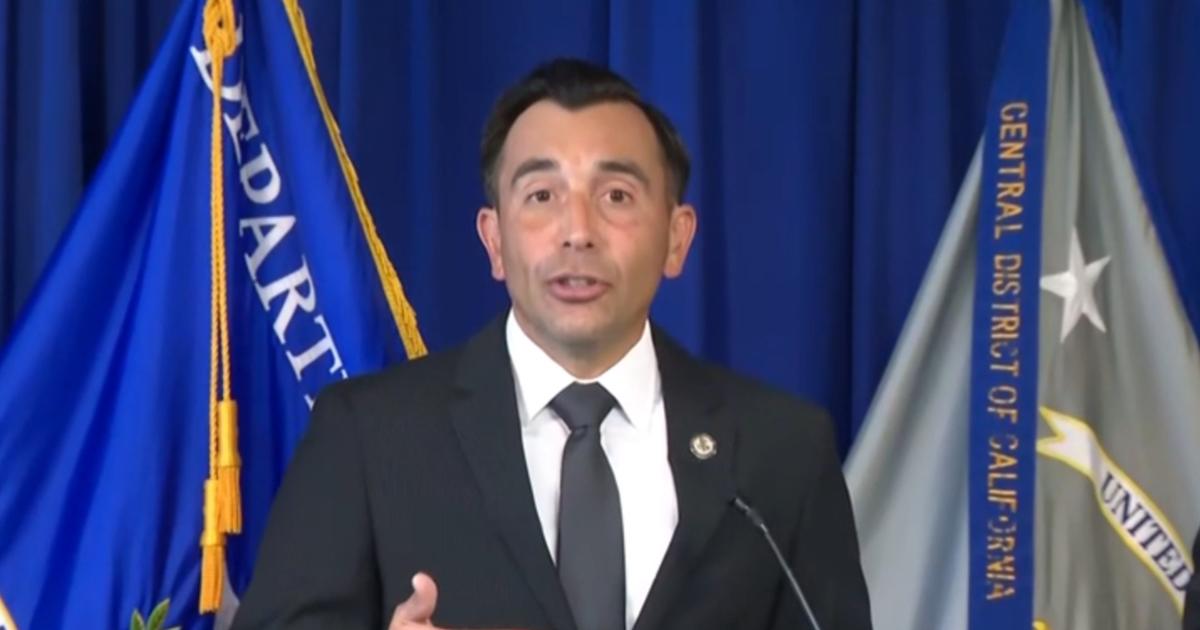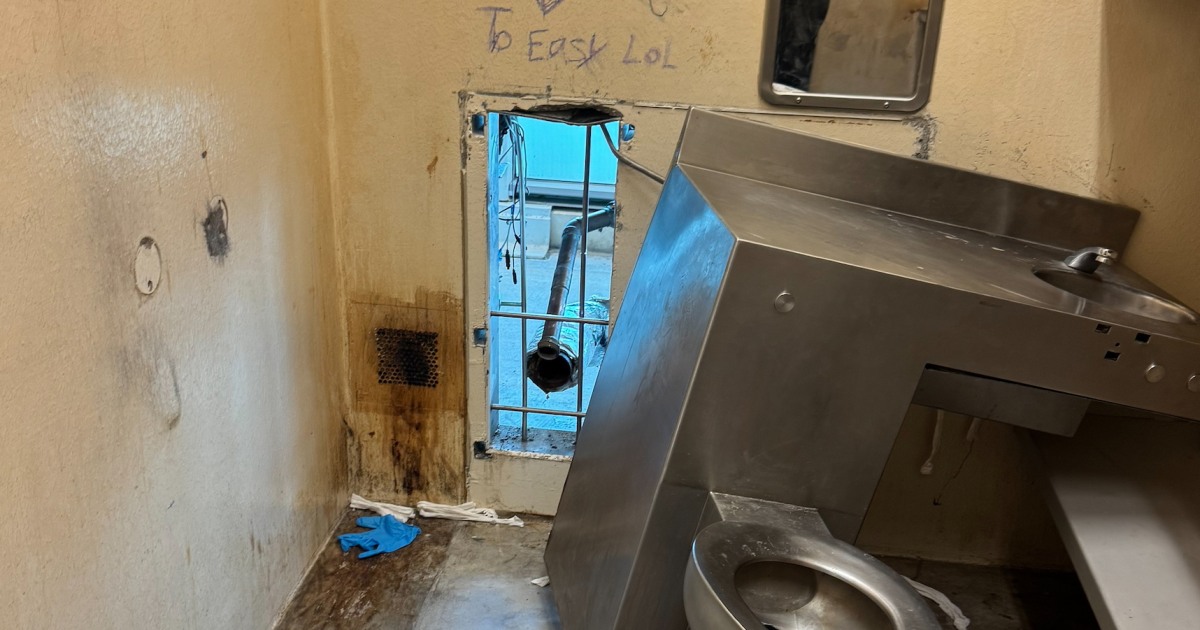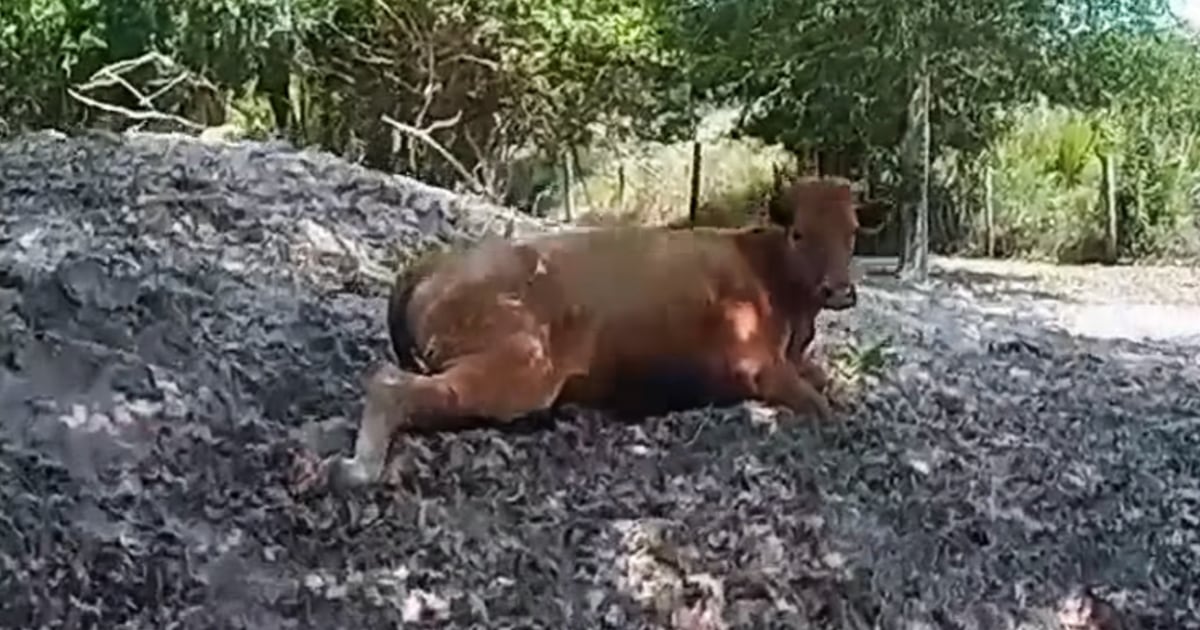A recent and disturbing case has sent shockwaves through international security and arms control communities. A man has been accused of attempting to send firearms and ammunition to North Korea, a regime already under intense scrutiny due to its nuclear ambitions and longstanding sanctions violations. This alleged smuggling operation raises critical concerns about national security, global arms trafficking, and the international legal framework that attempts to curb the flow of weapons to rogue states. The incident also sheds light on the vulnerabilities within global arms control and enforcement mechanisms.
The Incident: A Disturbing Allegation
The suspect, whose identity has not been fully disclosed pending investigation, faces serious charges under both domestic and international law. Authorities have uncovered evidence indicating that the man was attempting to ship a significant quantity of firearms and ammunition to North Korea, a nation that is under heavy international sanctions aimed at curbing its military capabilities. The charges against him include violations of arms trafficking laws, conspiracy, and support for terrorism.
North Korea, officially known as the Democratic People’s Republic of Korea (DPRK), is known for its secretive and often illicit trade in weapons and military technology. In recent years, international watchdogs and intelligence agencies have raised concerns about the increasing use of illegal channels to bypass sanctions and trade in restricted goods. The case comes as part of a broader effort by the United Nations and other international bodies to clamp down on arms smuggling to countries of concern, including North Korea, Iran, and others who are accused of using illicit trade networks to sustain military programs.
Implications for National and Global Security
This case highlights the persistent challenges that governments and international organizations face in controlling the movement of weapons and military goods. The ability of illicit actors to evade detection and move materials across borders speaks to the gaps in enforcement and the complexity of tracking illegal arms shipments. The attempt to send firearms to North Korea not only violates international law but also poses a direct threat to regional stability, particularly in the Korean Peninsula, where tensions have remained high for decades.
The Role of International Sanctions
North Korea has been the subject of severe international sanctions for years, imposed by the United Nations Security Council (UNSC) in response to its nuclear weapons tests and ballistic missile launches. These sanctions are designed to isolate the country economically and limit its access to military technology. However, despite the measures, North Korea has shown remarkable resilience in finding ways to circumvent these sanctions, often using covert and illegal means to obtain weapons and military technology from various sources.
In this context, the attempted arms shipment is not an isolated event but part of a much broader pattern of attempts to skirt international restrictions. The case underscores the complexity of sanction enforcement and the challenges of curbing the flow of arms to rogue states. Despite significant global cooperation, it is clear that North Korea continues to find alternative routes to access the resources necessary to advance its weapons programs.
How Arms Smuggling Networks Operate
The international arms trade is a multi-billion dollar industry, but a significant portion of this trade operates in the shadows, with networks that are difficult to track and dismantle. Arms smugglers typically exploit weak points in border security, utilizing a range of illicit tactics, including the falsification of shipping documents, the use of intermediaries, and transshipment through third-party countries that may not have the resources or political will to enforce sanctions effectively.
In many cases, the countries or individuals involved in smuggling arms to North Korea do so for financial gain or to bolster political ties with the regime. The lack of transparency in the arms trade, combined with the high stakes involved in North Korea’s ongoing missile and nuclear programs, makes these smuggling operations highly lucrative for those willing to take the risk.
- Fake Documentation: Smugglers often use forged invoices, shipping labels, and bills of lading to conceal the true nature of the cargo. This tactic helps them evade customs inspections.
- Use of Third-party Nations: Arms shipments to North Korea may pass through countries that are not directly under sanction or whose enforcement mechanisms are lax.
- Front Companies: Smugglers set up dummy companies to facilitate transactions, making it harder to trace the true ownership of goods.
The Role of Intelligence and Enforcement Agencies
In response to the growing threats posed by illegal arms trade, international intelligence agencies such as the CIA, Interpol, and the United Nations Office on Drugs and Crime (UNODC) have ramped up their efforts to monitor and prevent arms shipments to North Korea. These agencies employ a combination of satellite surveillance, intelligence-sharing networks, and undercover operations to track suspicious shipments and activities linked to weapons trafficking.
Despite these efforts, the clandestine nature of the operations, coupled with the ever-evolving tactics used by smugglers, makes it difficult to prevent all such activities. In recent years, there have been reports of successful interdictions of North Korea-bound arms shipments, but such efforts are often reactive rather than preventative. With the global arms trade becoming increasingly digital, authorities are also facing the challenge of monitoring online black markets where illegal arms are sold.
Wider Geopolitical and Humanitarian Concerns
The potential delivery of arms to North Korea is not only a violation of international law but also a destabilizing factor in an already volatile region. North Korea’s aggressive missile and nuclear tests have long been a source of tension in East Asia, and the proliferation of weapons to the country exacerbates these concerns. Arms smuggling operations provide the regime with the tools to potentially increase its military capabilities, threatening neighboring countries such as South Korea and Japan, as well as global security more broadly.
Moreover, the consequences of weapons proliferation extend beyond national security issues. The diversion of arms to conflict zones can fuel humanitarian crises, where civilians bear the brunt of violence and instability. According to a United Nations report on disarmament, arms trafficking has been linked to a number of human rights violations, including war crimes and crimes against humanity, as illegal weapons find their way into the hands of militant groups and rogue states.
The Path Forward: Strengthening Enforcement and Cooperation
The case of arms smuggling to North Korea serves as a stark reminder of the gaps in global arms control and enforcement mechanisms. To combat this growing threat, there is a need for stronger international cooperation and more robust enforcement of sanctions. Enhanced intelligence-sharing, improved tracking systems for weapons shipments, and more comprehensive sanctions on smuggling networks could make it more difficult for illicit actors to operate with impunity.
Additionally, addressing the root causes of arms smuggling, including the demand for weapons in conflict regions and the political incentives for those facilitating the trade, will be key to breaking these illicit networks. By closing loopholes and improving enforcement measures, the international community can better protect global security and prevent weapons from reaching dangerous regimes.
Conclusion: A Call to Action
The attempt to smuggle arms into North Korea represents a severe violation of international law and highlights the ongoing challenges faced by governments and international organizations in curbing illegal weapons trafficking. While efforts to disrupt such operations have made some progress, the persistent nature of these illicit activities suggests that more decisive action is needed. Only through increased cooperation, intelligence-sharing, and more effective enforcement mechanisms can the international community hope to address the broader implications of arms smuggling to rogue states.
As global tensions continue to rise, it is essential that the international community remains vigilant in its efforts to combat weapons proliferation and ensure that peace and stability prevail in the regions most at risk.
See more Update My News



